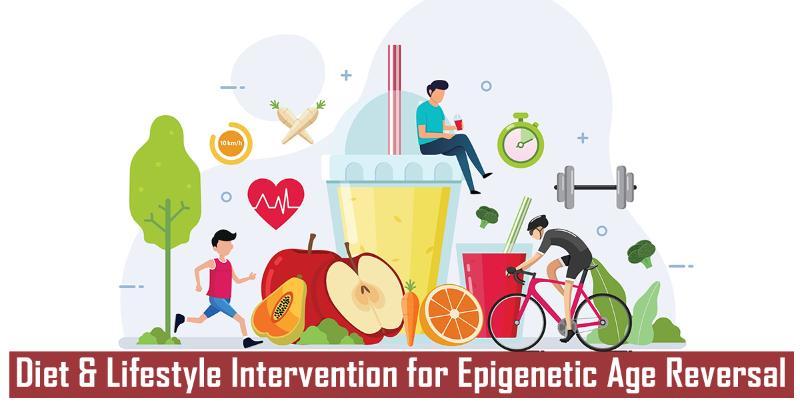In recent years, GLP-1 receptor agonists have emerged as a promising medical option for weight management and metabolic health, drawing significant attention in both clinical and public spheres. However, a growing body of experts argues that these medications should not supplant foundational lifestyle interventions such as diet, exercise, and behavioral changes. This opinion piece explores the rationale behind preserving traditional lifestyle approaches as the cornerstone of treatment, cautioning against overreliance on pharmacological solutions in addressing obesity and related conditions.
The Essential Role of Lifestyle Changes in Chronic Disease Management
Chronic disease management hinges not only on pharmacological advances but also on the adoption of sustainable lifestyle habits. While GLP-1 receptor agonists have demonstrated remarkable efficacy in weight loss and glycemic control, they should be viewed as complementary rather than substitutive tools. Fundamental lifestyle interventions-such as balanced nutrition, regular physical activity, and stress management-offer broad-spectrum benefits that extend beyond symptom control, contributing to improved cardiovascular health, metabolic function, and psychological well-being.
Consider the following lifestyle pillars that form the backbone of chronic disease management:
- Dietary modifications: Emphasizing whole foods, portion control, and reduced processed sugar intake.
- Physical activity: Encouraging consistent aerobic and resistance exercises tailored to individual capacity.
- Behavioral strategies: Incorporating mindfulness, sleep hygiene, and cessation of harmful habits such as smoking.
| Intervention | Benefits | Role alongside GLP-1s |
|---|---|---|
| Nutrition | Improved lipid profile and glucose regulation | Enhances medication effectiveness |
| Exercise | Increased insulin sensitivity and cardiovascular fitness | Supports sustainable weight management |
| Behavioral Changes | Reduced stress-related complications | Improves overall treatment adherence |
Why GLP-1 Therapies Are No Substitute for Personalized Health Habits
While GLP-1 receptor agonists have garnered significant attention for their efficacy in weight management and glycemic control, they should not be viewed as a standalone solution. These therapies do not address the underlying behavioral and environmental factors that contribute to chronic health conditions. Relying solely on pharmacological interventions risks overshadowing the complexity of metabolic health, which is deeply influenced by individualized nutrition, physical activity, sleep quality, and stress management.
Key personal health habits to prioritize alongside any medical treatment include:
- Balanced Dietary Patterns: Emphasizing whole foods and portion control rather than quick fixes.
- Consistent Physical Activity: Tailored exercises that improve cardiovascular and metabolic health.
- Sleep Hygiene: Establishing routines that support restorative rest and hormonal balance.
- Mindfulness and Stress Reduction: Techniques that mitigate cortisol-driven inflammation.
| Factor | GLP-1 Impact | Personal Habit Benefit |
|---|---|---|
| Appetite Regulation | Suppresses hunger | Teaches mindful eating |
| Blood Sugar Control | Improves insulin sensitivity | Encourages balanced meals |
| Weight Management | Promotes weight loss | Fosters sustainable lifestyle |
| Mental Wellbeing | Limited effect | Builds resilience and reduces stress |
Integrating Medications and Lifestyle Strategies for Sustainable Patient Outcomes
Achieving long-term health improvements requires a balanced approach that combines both pharmacological treatments and lifestyle modifications. While GLP-1 receptor agonists offer promising results for metabolic conditions such as obesity and type 2 diabetes, relying solely on these medications risks overshadowing the foundational benefits of diet, exercise, and behavioral changes. Integrative care emphasizes sustained habits that support metabolic health beyond the scope of pharmaceuticals, addressing root causes rather than symptoms alone.
Key components for effective patient care include:
- Personalized nutritional counseling promoting whole foods and portion control
- Regular physical activity tailored to individual capabilities
- Psychosocial support to enhance motivation and adherence
- Careful medication management to complement lifestyle adjustments
| Intervention | Role | Outcome Focus |
|---|---|---|
| GLP-1 Receptor Agonists | Enhance insulin secretion and reduce appetite | Short-to-medium term weight loss and glycemic control |
| Dietary Modifications | Improve nutrient quality and energy balance | Sustainable weight management and cardiovascular benefit |
| Physical Activity | Increase metabolic rate and muscle function | Enhanced insulin sensitivity and long-term health |
Future Outlook
In conclusion, while GLP-1 receptor agonists represent a significant advancement in the management of metabolic diseases, experts emphasize that they should complement-not replace-established lifestyle interventions. Sustainable changes in diet, exercise, and behavior remain foundational to long-term health outcomes. As the medical community navigates the integration of pharmaceutical innovations with traditional approaches, a balanced strategy that prioritizes both medication and lifestyle modifications will be essential to effectively combat the growing epidemic of obesity and related disorders.
